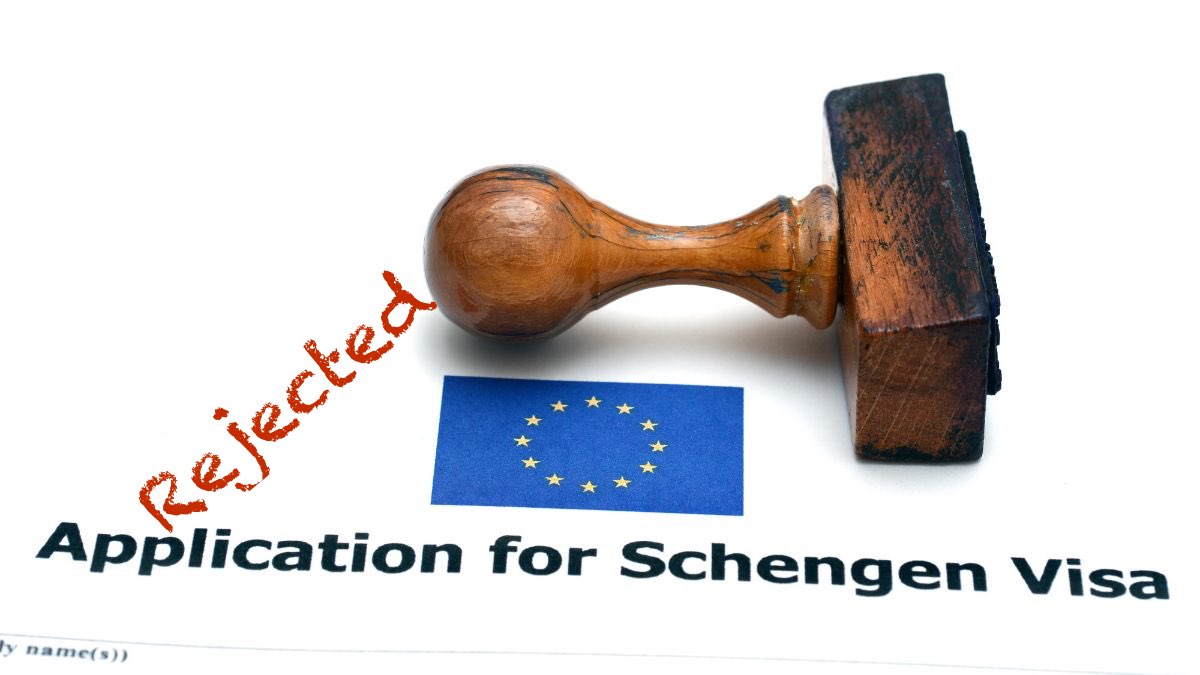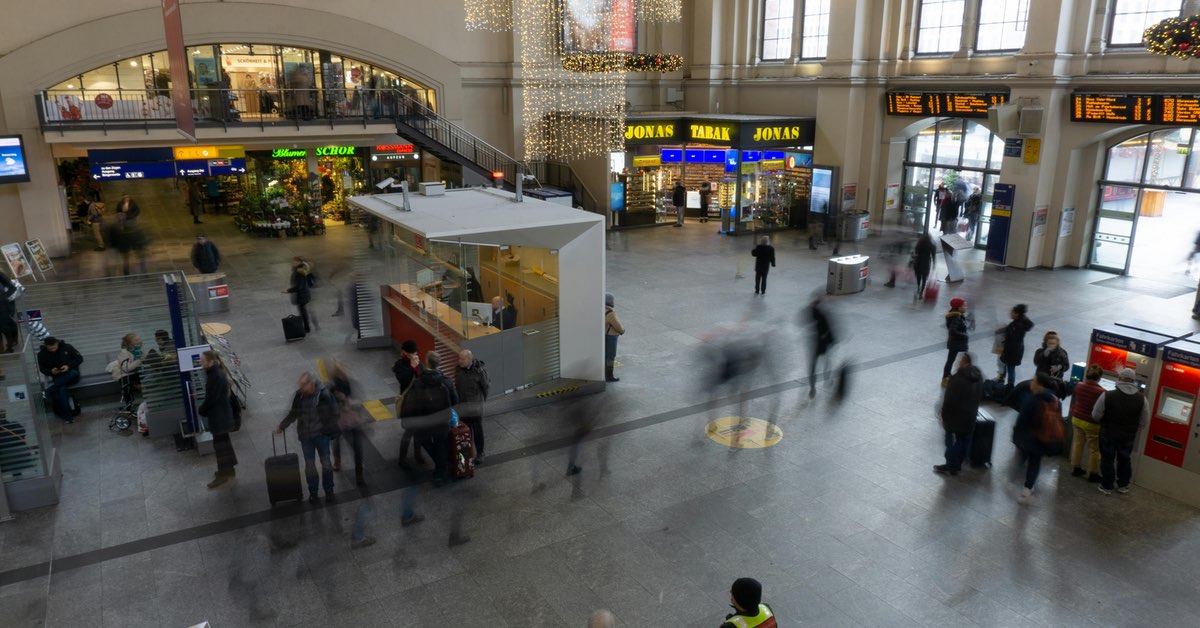About three in every ten African Schengen visa applicants get rejected. This statistic starkly contrasts the global average rejection rate of 1. This disparity is buttressed in a recent Henley & Partners report. The report reveals that African nations are 70% of the top 10 countries with the highest rejection rates. Globally, the total rejection rate surged from 5% to 17.5% in 2022, marking an increase of 12.5%. In Africa, the rejection rate reached 30% over the same period, a 12% increase from the 18% rejection rate in 2014 and nearly twice the global average. For many Africans, obtaining a visa to travel to the Schengen zone feels like an insurmountable hurdle.
The Schengen zone comprises 26 European nations that have agreed to abolish internal border controls. This means that once you have a valid Schengen visa, you can travel freely within the Schengen zone without undergoing border checks. Citizens of countries outside the Schengen zone typically require a Schengen visa to enter the area. This visa allows you to stay for a short-term visit, usually up to 90 days within 180 days. Usually, the average rejection rate for Schengen visas typically falls around 15%.
The consequences of a Schengen rejection extend far beyond travel limitations. It disproportionately impacts African citizens, hindering not only tourism and educational opportunities but also business growth. Due to their nationality, entrepreneurs can be unfairly restricted from expanding their businesses internationally. Visa applications, ideally a gateway to new experiences, become the first obstacle encountered. This can lead to a sense of isolation and a feeling of being excluded from the global community.
Officially, visa rejections are often attributed to doubts about applicants’ intention to leave the destination country before the visa expires. However, some African countries have it worse than others. While the reasons may differ slightly between nations, some common factors could be at play. Here are the top 10 African Countries with the highest Schengen visa rejection rates.

1. Algeria
Among African countries, Algeria faces the highest hurdle when it comes to obtaining Schengen visas. Since 2022, Algerians have submitted a recorded total of 392,053 applications. Despite the high application volume, a staggering 179,409 applications were rejected. This translates to a rejection rate of 45.8%. With a rejection rate close to 46%, nearly one out of every two applications is unsuccessful. This can be a significant barrier for Algerians seeking to travel to Europe for work, education, tourism, or family visits.
2. Guinea-Bissau
Compared to Algeria, Guinea-Bissau has a much smaller applicant pool, with only 7,990 Schengen visa applications submitted in 2022. Despite a relatively low application volume, Guinea-Bissau faces a concerning high rejection rate of 45.2%, nearly mirroring Algeria’s high rate. This translates to 3,611 visa applications being rejected.
3. Nigeria
Nigeria falls in the middle ground between Algeria and Guinea-Bissau in terms of application volume. The number of Schengen Visa Applications from Nigeria in 2022 totaled 86,815. However, Nigeria still faces a very high rejection rate of 45.1%. This means that 39,189 Nigerian visa applications were unsuccessful.
4. Ghana
According to the report, Ghana saw a substantial number of Schengen visa applications in 2022. The total number of applications summed up to 42,124. However, a concerningly high number of 18,363 were rejected. This translates to a rejection rate of 43.6%.
5. Senegal
While not the country with the highest rejection rate, Senegal still faces a significant challenge in obtaining Schengen visas for travel within the Schengen zone. In 2024, Senegalese citizens submitted a substantial number of Schengen visa applications – 56,866. However, a concerning number were rejected – 23,683. This translates to a rejection rate of 41.6%.
Related Articles:
6. Guinea
In 2022, 11,806 Guineans submitted Schengen visa applications. However, a concerning number of 4,791 were rejected. This translates to a rejection rate of 40.6%, highlighting Guineans’ difficulty securing these visas. Data from the World indicate that Guinea’s GDP per capita potentially supports this concerning rate.
7. Mali
Mali witnessed a moderate number of Schengen visa applications, with a total of 23,117. However, 9,291 were rejected, translating to a rejection rate of 39.9%. This is a substantial barrier for the Malian population of approximately 23 million people. Mali’s ongoing political situation could be a factor influencing embassy decisions. Mali has a history of political instability, having witnessed several coups d’état in recent decades. The most recent coup occurred in August 2020, overthrowing the democratically elected government.
The Bottom Line
According to the data, many African individuals face challenges when trying to obtain a Schengen visa, as the rejection rates are double the global average. These high rejection rates hinder travel and cultural interactions and limit educational and business opportunities for Africans wanting to connect with the Schengen region. In countries like Algeria, Guinea-Bissau, and Nigeria, where almost half of the visa applications are rejected, the impact is profound, affecting both professional plans and contributing to a sense of being excluded from traveling to the Schengen area. Moving forward, it’s important for all involved parties to tackle these disparities and strive towards a visa system that promotes understanding and collaboration across continents.












This Post Has 0 Comments